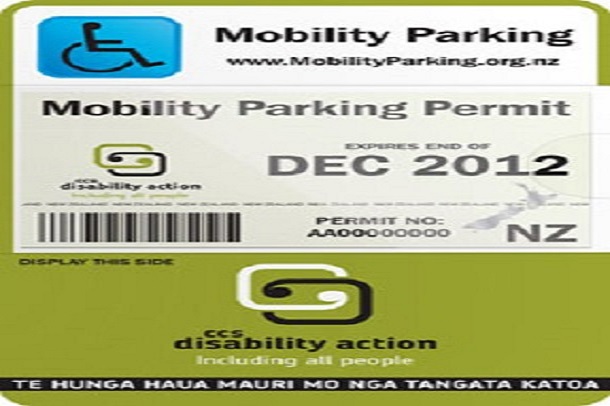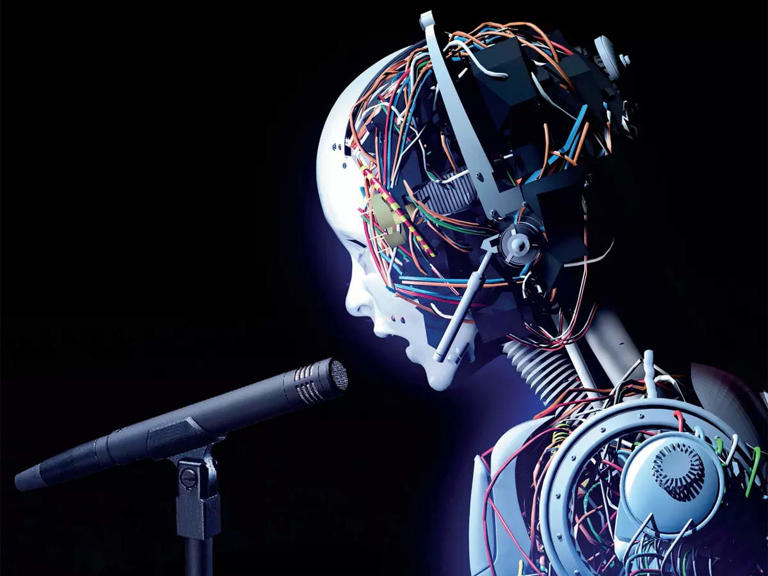The basics of AI governance stakeholder interactions were ignored by Auckland Transport (AT) with the roll out of their Car Licence Plate Recognition system that automatically issues fines for all cars that are parked in a designated disabled car park, ignoring disabled people’s legal car permits, according to a RNZ report.
The Auckland City Council estimate that there are 42,948 Auckland residents with a disabled car permit and overall in New Zealand there are over 170,000 permit holders. So at least 42,948 Auckland residents permit holders are at risk of discrimination and being fined for no reason, leaving many with the task to write letters and take other actions to resolve the matter.
One permit holder has faced repeated fines from Auckland Transport (AT) due to a flaw in their new parking enforcement system, which fails to recognise mobility permits. The issue is widespread, with many other permit holders experiencing similar problems.
Other issues include that the permits are registered to an individual and not a vehicle. Some reasons include that people in wheels can not drive, disabled children, and the fact that many disabled people can not drive and rely on carers and taxi services etc.
CCS Disability Action, which issues mobility permits, expressed concern that AT’s automatic number plate recognition system was launched without consultation, causing significant frustration for users. AT acknowledged the issue and is working on solutions, including a digital permit system through the AT Park app, though challenges remain.
The human and social impacts on the disabled community who are already disadvantaged, are significant and should not be looked over. Some of the impacts include being threatened with action for non payment of fines that should not have been issued in the first instance, this leads to bad credit ratings and intimidating letters and phone calls from debt collectors and in some instances goods being repossessed. It will likely lead to fear of parking in the city and issues when permit holders rely on third parties with a vehicle to transport them, likely leading to those third parties not assisting.
This is a classic example of the issues that arise when stakeholders are not involved throughout the whole AI development life cycle, including ongoing testing of the system.





